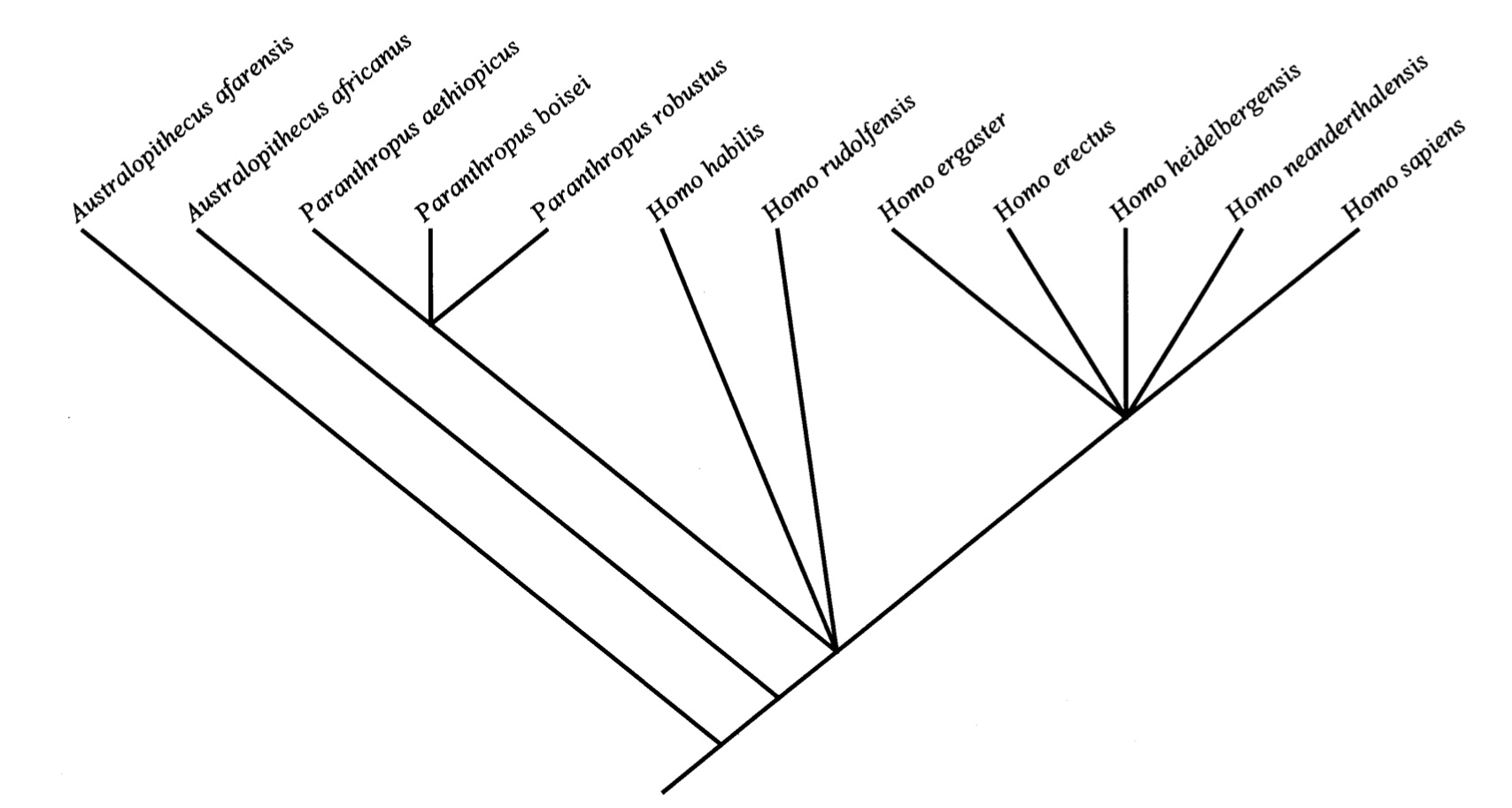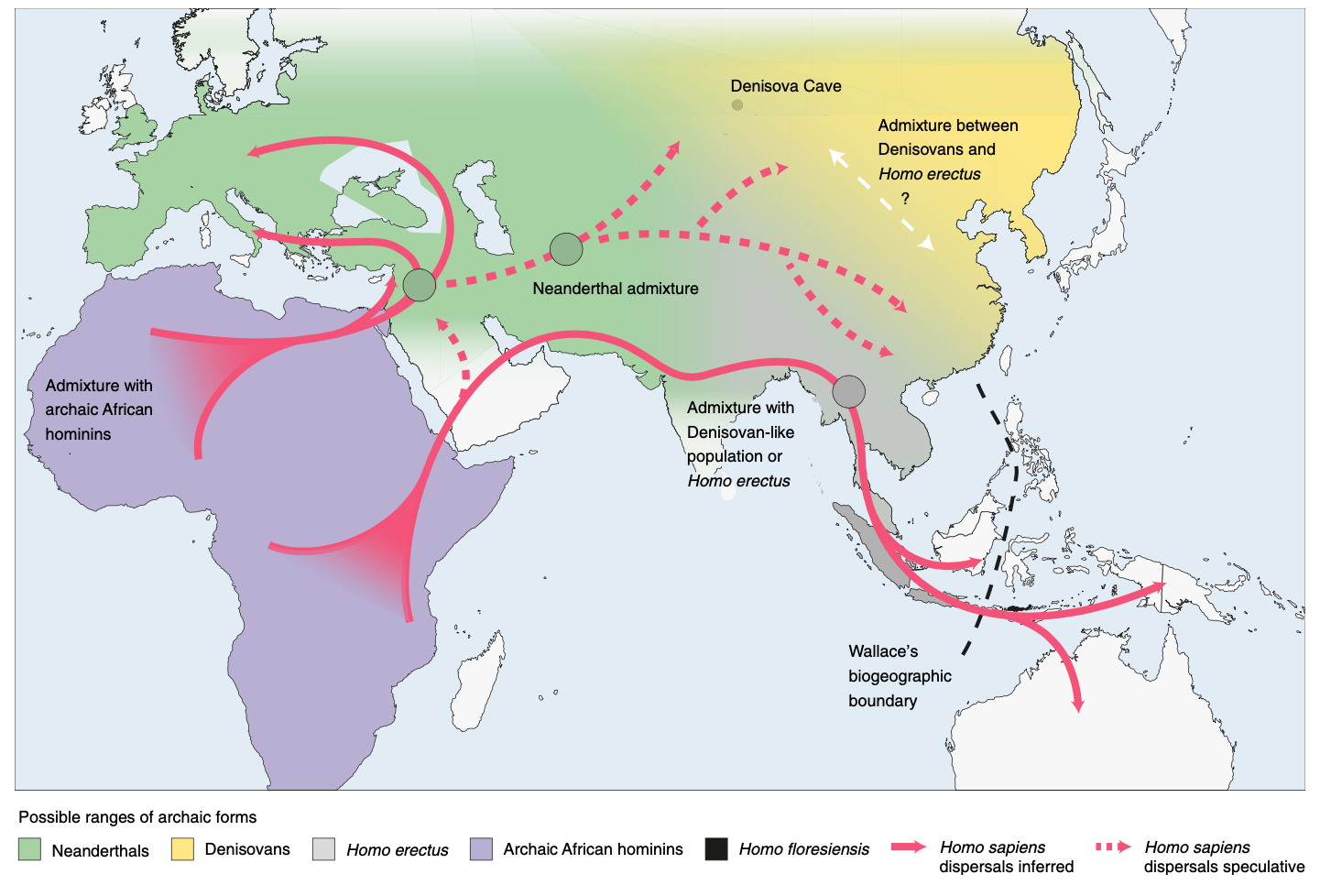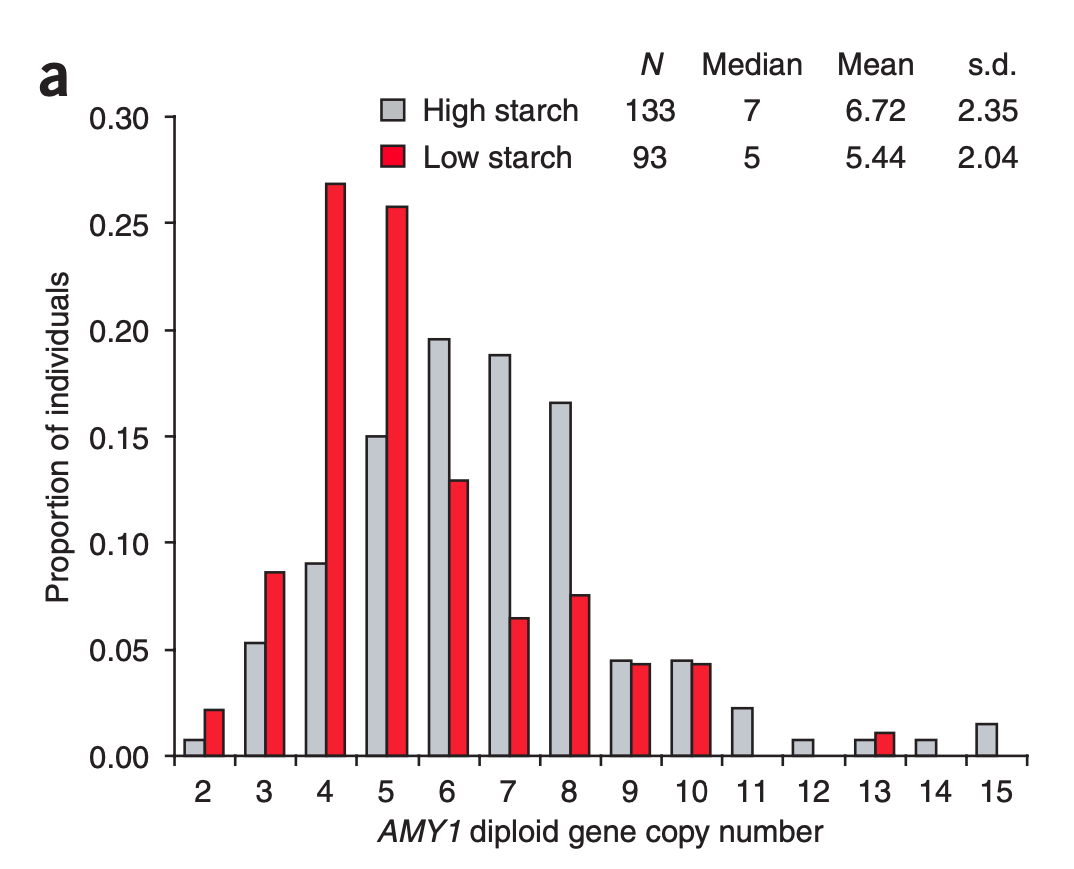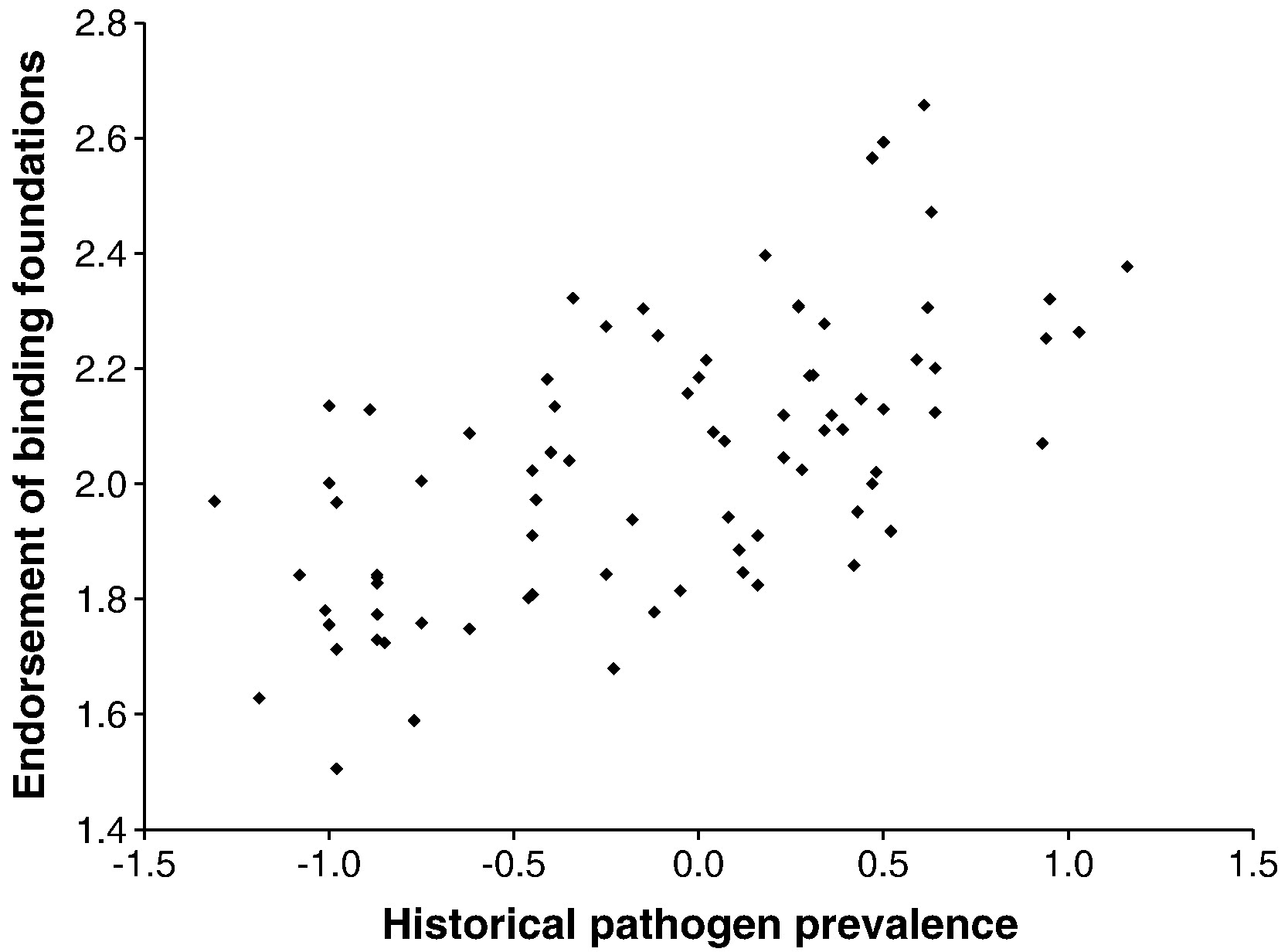Click here and press the right key for the next slide.
(This may not work on mobile or ipad. You can try using chrome or firefox, but even that may fail. Sorry.)
also ...
Press the left key to go backwards (or swipe right)
Press n to toggle whether notes are shown (or add '?notes' to the url before the #)
Press m or double tap to slide thumbnails (menu)
Press ? at any time to show the keyboard shortcuts
Moral Knowledge Does Exist
1. Ethical intuitions are necessary for ethical knowledge.
2. Ethical intuitions are too unreliable to be a source of knowledge.
therefore:
3. Ethical knowledge is not possible.
objection to second attempt
1. Ethical intuitions are influenced by extraneous factors.
therefore??? <-- too quick
2. Ethical intuitions are too unreliable to be a source of knowledge.
Order of presentation may highlight different aspects of a scenario (Wiegmann & Waldmann, 2014)
Expert ethicists are less influenced by some extraneous factors (Wiegmann & Horvath, 2021)
Extraneous factors influence intuitions in many other domains.

1. Ethical intuitions are necessary for ethical knowledge.
2. Ethical intuitions are too unreliable to be a source of knowledge.
therefore:
3. Ethical knowledge is not possible.
objection to first attempt

cultural variation, illustrated by purity
* gay marriage
* euthanasia
* abortion
* pornography
* stem cell research
* environmental attitudes
(Graham et al., 2019)
1. Between cultures there are inconsistent intuitons.
therefore???
2. Intuitions are too unreliable to be a source of knowledge.
background: hominin habitats


‘the colonization of the world’s continents by the end of the Pleistocene represents one of the clearest idiosyncracies of our species’
(Roberts & Stewart, 2018, p. 542)
different places—different dietary challenges

Perry et al. (2007, p. figure 2a)
not just enzymes, also morals ...

van Leeuwen et al, 2012 figure 1

cultural variation, illustrated by purity
* gay marriage
* euthanasia
* abortion
* pornography
* stem cell research
* environmental attitudes
(Graham et al., 2019)
1. Between cultures there are inconsistent intuitons.
therefore??? <-- too quick
2. Intuitions are too unreliable to be a source of knowledge.
1. Ethical intuitions are necessary for ethical knowledge.
2. Ethical intuitions are too unreliable to be a source of knowledge.
therefore:
3. Ethical knowledge is not possible.
Are ethical intuitions a source of ethical knowledge?
